Understanding DCDC Converters
DCDC converters are essential components in modern electronic systems, providing stable and efficient power conversion from one voltage level to another. These devices are crucial for a wide range of applications, ensuring that electronic equipment operates correctly by matching the power supply to the voltage requirements of the device.
Types and Applications
There are various types of DCDC converters, each suited to specific applications. From isolated converters that offer protection between input and output to non-isolated buck converters for stepping down voltage, the selection caters to diverse needs. Applications span from industrial automation systems to renewable energy setups, where they play a pivotal role in managing power distribution effectively.
Technical Features and Materials
The construction of DCDC converters involves robust materials that contribute to their durability and performance. With features like intelligent cooling systems, these converters maintain optimal temperatures, enhancing longevity. Protection mechanisms against short circuits, over-voltage, and input reverse polarity are integrated to ensure reliable operation under various conditions.
Advantages of Modern Converters
Modern DCDC converters are designed to be energy-efficient, aiding in the reduction of electricity consumption. Their fast-charge capabilities are an added advantage, particularly in applications where time is of the essence. Despite extreme climatic conditions, these converters remain reliable, a testament to their resilience and advanced design.
Selection Criteria
Choosing the right DCDC converter involves considering factors such as voltage capacity and power consumption. The converters come in different voltage capacities, including but not limited to 230VAC and 100V/110V/120V/220V/230V/240V, to accommodate various power systems. It is essential to match the converter to the specific requirements of the application for optimal performance.
Environmental Impact and Energy Savings
The efficiency of DCDC converters also translates into environmental benefits. By optimizing energy usage, they contribute to a lower carbon footprint for businesses. Their ability to operate effectively in diverse conditions means they can be integrated into systems worldwide, supporting global efforts towards more sustainable energy consumption.





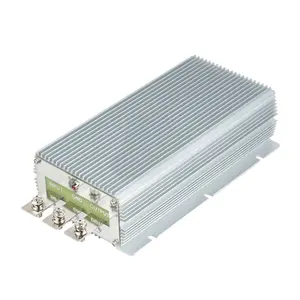



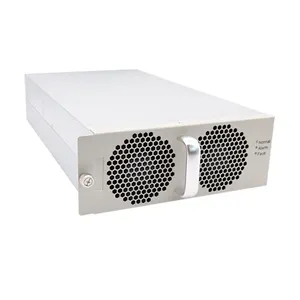

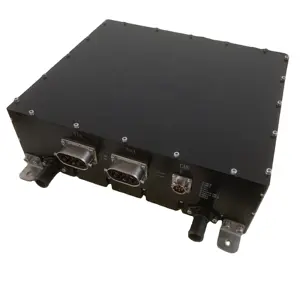



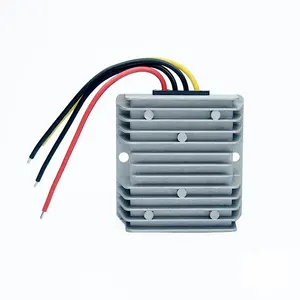
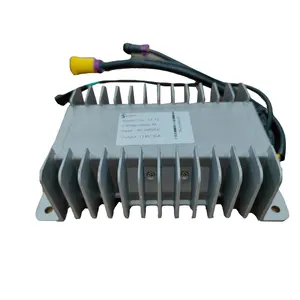

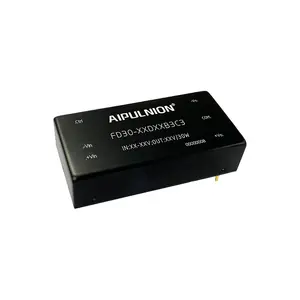
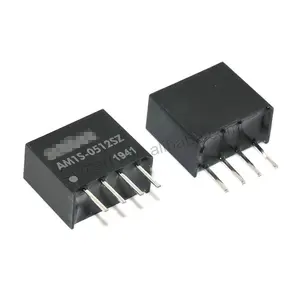






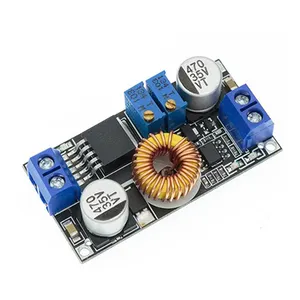

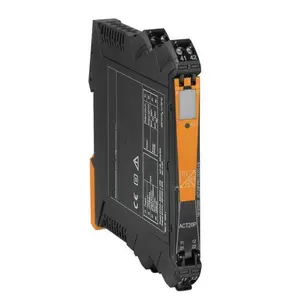

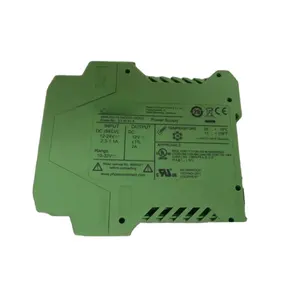

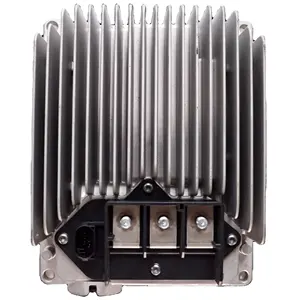
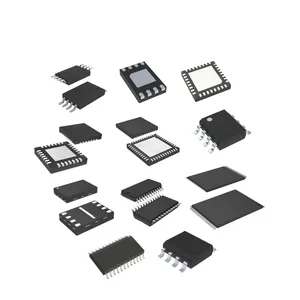


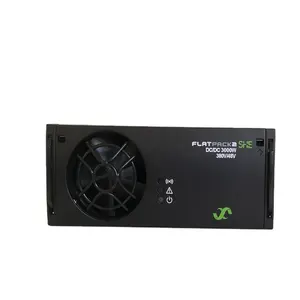
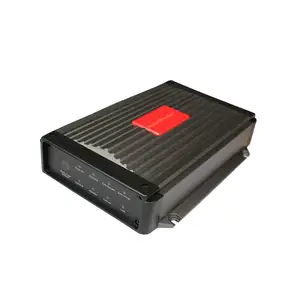
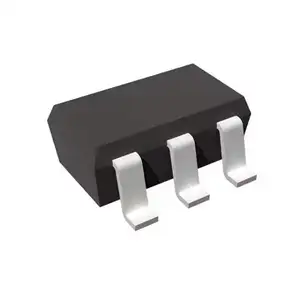


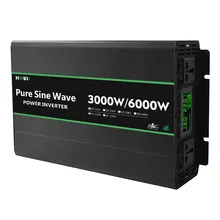

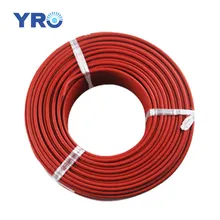

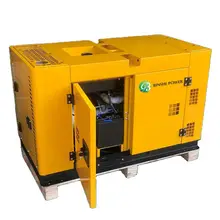
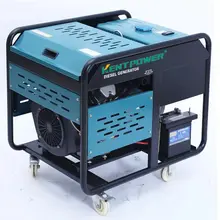


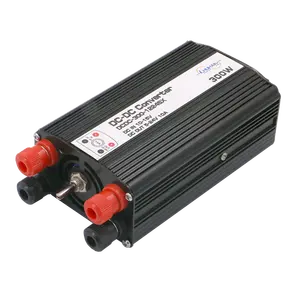





















 浙公网安备 33010002000092号
浙公网安备 33010002000092号 浙B2-20120091-4
浙B2-20120091-4